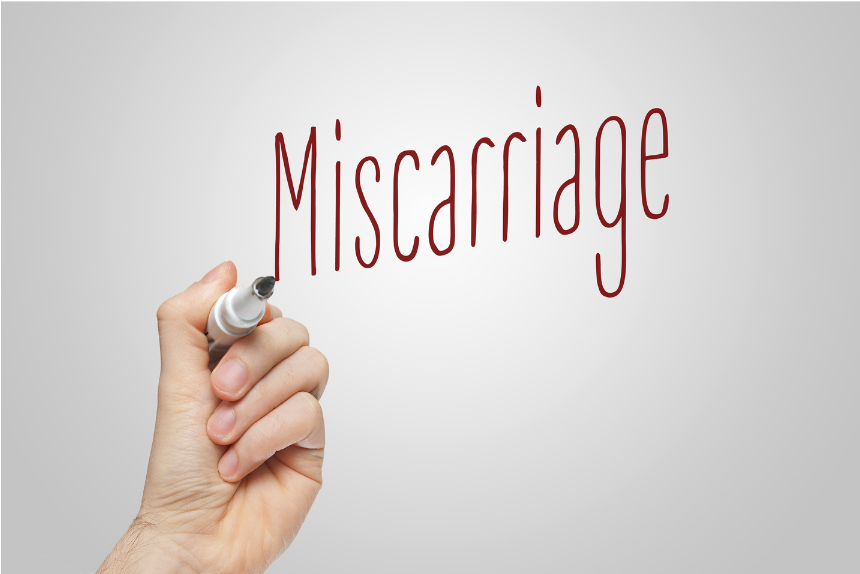Despite the fact that miscarriage is so common, this does not make the experience any less difficult or painful for a woman or couple, and society still tends to not address the physical and emotional toll that miscarriage can have. It can also be very difficult to talk about an experience with the loss of pregnancy, and these experiences can vary on a large scale from person to person.
However, it is completely normal to experience emotional distress during and after miscarriage — research has shown that women can experience high levels of anxiety, depression, and post traumatic stress after an early pregnancy loss. Although these feelings of distress can decrease over time, they can still remain relatively high for 9 months after miscarriage. The partners of women who have experienced this loss also tend to display extreme levels of emotional distress and despair following a miscarriage.
There are many ways to improve mental and emotional well-being following the loss of pregnancies, including cognitive-behavioral therapy, counseling, and social support groups, all of which have been backed by research in decreasing feelings of grief or depression. However you choose to cope with miscarriage, it is important to remember that you are not alone, and resources and options are always available for you to help you through this emotional and stressful time. Some online resources that may help you include online support groups, information about the stages of grief, and stories of other women who have experienced miscarriage.
pregnancy after miscarriage.
There are several important things to consider before trying to conceive after a miscarriage. From a medical standpoint, the body must return to its natural “pre-pregnancy” state in which pregnancy hormone levels have returned to what they were before pregnancy and the uterus has fully recovered with no remaining pregnancy tissue. This depends on how far along the pregnancy was before ending, and also how quickly the body can heal and return to its normal state afterwards. For example, following a biochemical pregnancy, the body tends to return to normal relatively quickly, and a woman can usually try to conceive again during her next menstrual cycle in the following month. If a pregnancy was further along, such as close to 9 or 10 weeks, it can take several months for the pregnancy hormone levels to drop and the uterus to return to normal.
From an emotional standpoint, it is important that a patient is ready to move forward and try to have a successful pregnancy. This may come after a period of grieving and healing, and it is a very personal and individual decision to try to have a baby again.
Determining why a loss of pregnancy occurred can also help you and your doctor understand what needs to be done to reduce the risks of future pregnancy loss, and increase chances of a successful pregnancy. Understanding the cause of miscarriage can also provide a sense of closure for the woman or couple.
Genetic testing of the products of conception can confirm whether the miscarriage occurred due to chromosome abnormalities, or some other reason. If the pregnancy contained no genetic abnormality, further testing would be recommended to determine what other factors may have caused miscarriage. Although most miscarriages are caused by random chromosomal abnormalities, genetic testing earlier on after a miscarriage can be recommended to provide a woman or couple with the information they need to move forward after a tragic loss of pregnancy, so speak with your doctor about this option and whether it is right for you.


